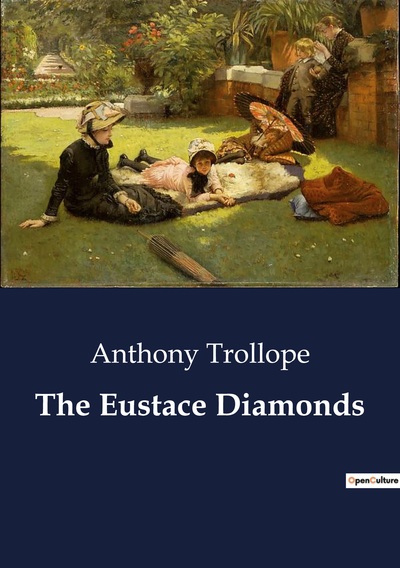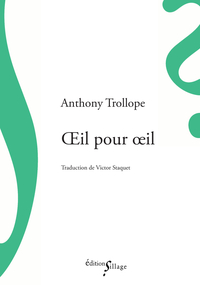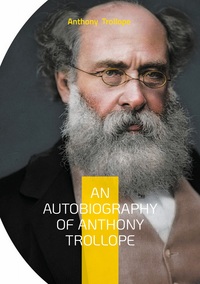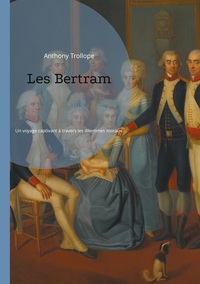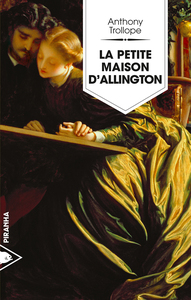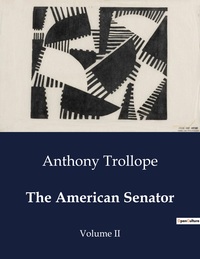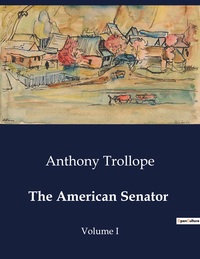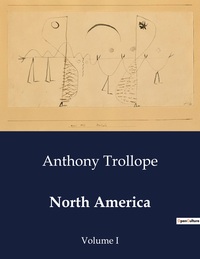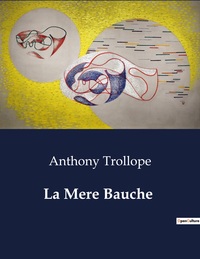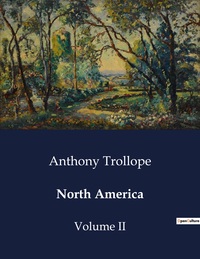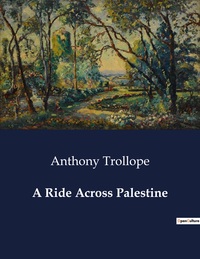Nous utilisons des cookies pour améliorer votre expérience. Pour nous conformer à la nouvelle directive sur la vie privée, nous devons demander votre consentement à l’utilisation de ces cookies. En savoir plus.
The Eustace Diamonds
EAN : 9791041804948
Édition papier
EAN : 9791041804948
Paru le : 20 juil. 2023
39,95 €
37,87 €
Disponible
Pour connaître votre prix et commander, identifiez-vous
Notre engagement qualité
-
 Livraison gratuite
Livraison gratuite
en France sans minimum
de commande -
 Manquants maintenus
Manquants maintenus
en commande
automatiquement -
 Un interlocuteur
Un interlocuteur
unique pour toutes
vos commandes -
 Toutes les licences
Toutes les licences
numériques du marché
au tarif éditeur -
 Assistance téléphonique
Assistance téléphonique
personalisée sur le
numérique -
 Service client
Service client
Du Lundi au vendredi
de 9h à 18h
- EAN13 : 9791041804948
- Réf. éditeur : 292548
- Date Parution : 20 juil. 2023
- Disponibilite : Disponible
- Barème de remise : NS
- Nombre de pages : 930
- Format : H:210 mm L:148 mm E:49 mm
- Poids : 1.176kg
- Résumé : Lady Eustace—more familiarly known as Lizzie—is very beautiful, very clever, and very rich. On closer inspection, she turns out also to be a "nasty, low, scheming, ill-conducted, dishonest little wretch." Her calculated marriage to a wealthy but sickly young baronet brought her the wealth she desired, including a spectacular diamond necklace which she wore in the days before her husband's demise. Upon his death, the lawyer for the estate is determined to recover it as a family heirloom. The young widow is equally determined to keep it as her own. But just as Lizzie sought a life of ease by marrying money, so too there are those who see in Lady Eustace their opportunity to acquire riches along with the beautiful widow herself. Given the relentless, even fierce, legal forces she faces regarding the diamonds, Lizzie is also alert to the benefit she would enjoy from having a husband to support her. But which is it to be? The tedious Lord Fawn, who would bring a title? Her cousin and confidant, Frank Greystock, who is a member of Parliament but saddled with debt? Or the debonair but dubious Lord George de Bruce Carruthers? Or perhaps none of them! Lizzie's life of lies and calculation has echoes and mirrors in the novel's subplots. She falls in with an unsavory and scheming set which includes a desperately ill-suited couple being driven towards a potentially disastrous marriage. Meanwhile, the love life of her childhood friend, the plain, poor, and pure Lucy Morris, seems to be the antithesis to Lizzie's own. Anthony Trollope felt real ambivalence about the growing interest in mystery novels, whose popularity was burgeoning as he sat down to write The Eustace Diamonds. Wilkie Collins's The Moonstone had just been published to huge success, giving birth to the detective novel genre. Trollope would have none of it, and kept no secrets from his readers. That The Eustace Diamonds maintains a sense of drama and intrigue in spite of Trollope's forthright narration is a testament to his skill as a storyteller. There are also signs of Trollope plotting a future course for his Palliser series, of which The Eustace Diamonds is the third. Political life is not absent, but it is wholly subservient to the events that swirl around Lizzie and her companions. As the novel closes, Trollope winks at his readers, informing us that we haven't seen the last of Lizzie Eustace yet.
- Biographie : Anthony Trollope, né le 24 avril 1815 à Londres, est l'un des romanciers britanniques les plus célèbres et prolifiques de l'époque victorienne. Fils d'un avocat et d'une écrivaine, il a grandi dans un environnement intellectuel qui a nourri sa passion pour la littérature. Trollope a commencé sa carrière en travaillant pour la Royal Mail, ce qui lui a permis de voyager à travers le Royaume-Uni et d'observer la société britannique sous divers angles. Il est surtout connu pour ses séries de romans, notamment "Les Chroniques du Barsetshire" et les "Palliser Novels", qui explorent les thèmes politiques, sociaux et sentimentaux de son temps. Son style se caractérise par un réalisme psychologique et une critique sociale incisive. Malgré une baisse de popularité à la fin de sa vie, Trollope a regagné l'estime des critiques au XXe siècle. Il est décédé le 6 décembre 1882, laissant un héritage littéraire qui continue d'influencer et d'inspirer les lecteurs du monde entier.

